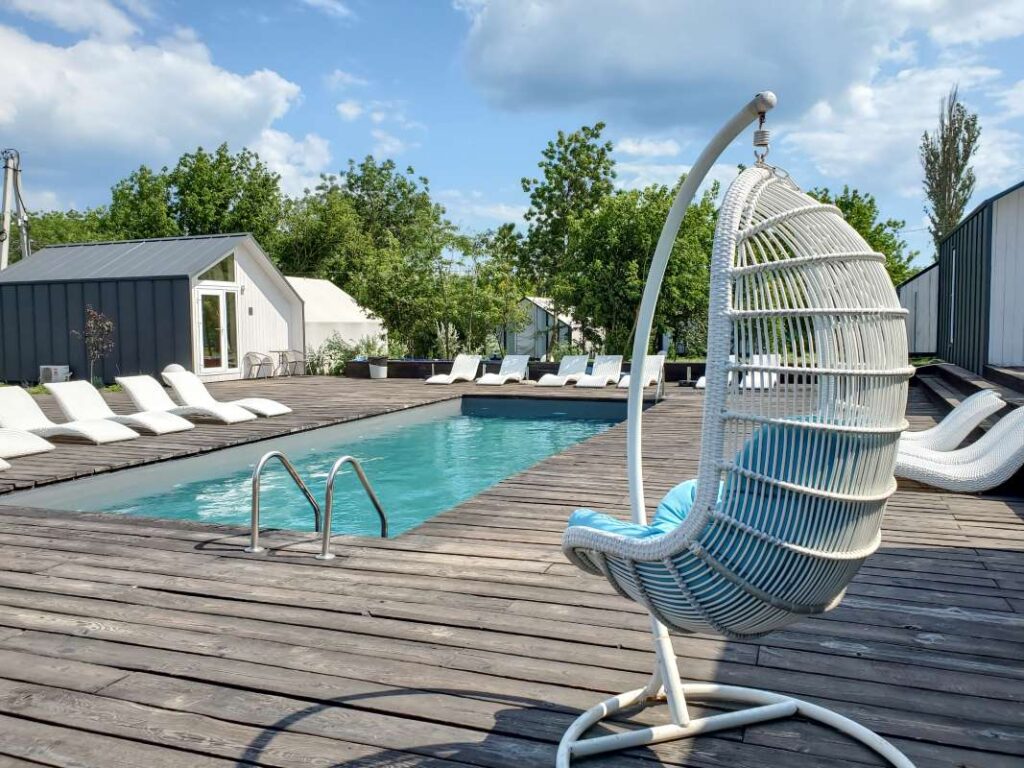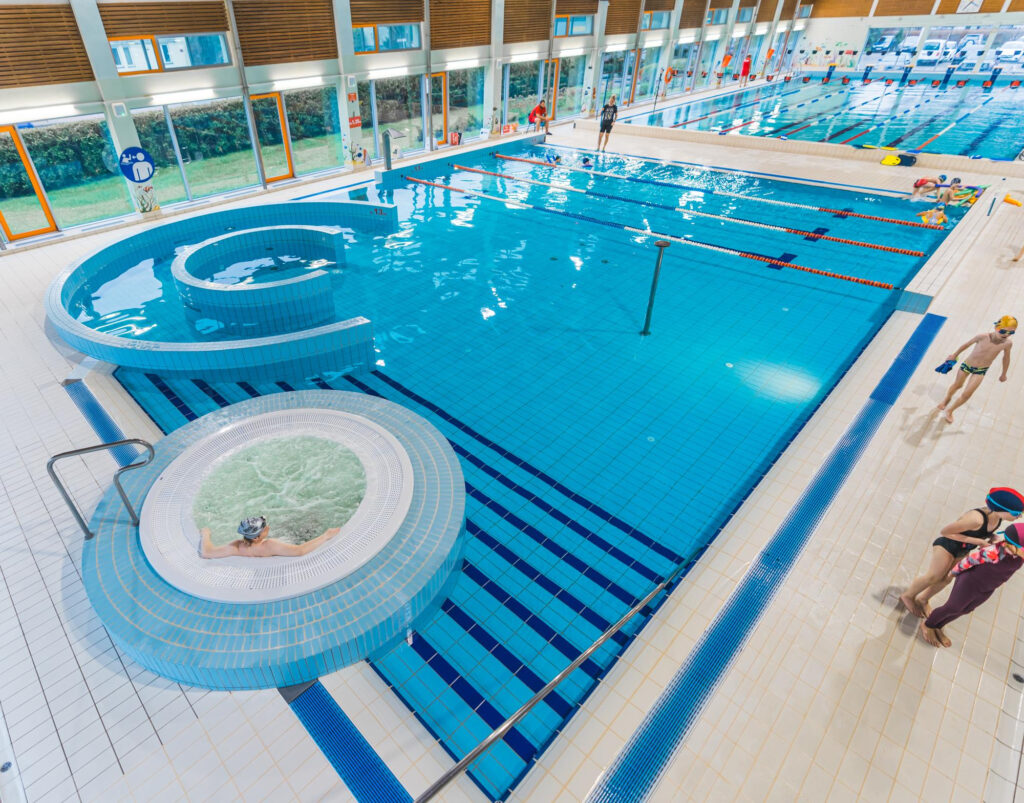How Climate Change Impacts Pool Route Businesses
Discover how climate change is reshaping pool route businesses and what it means for entrepreneurs in the industry.
This blog post delves into the effects of climate change on pool route businesses, exploring its implications on operations, customer demands, and industry trends. As the climate continues to evolve, so do the challenges and opportunities for entrepreneurs in the pool service sector. We’ll discuss how these changes affect business strategies, customer interactions, and the overall future of pool maintenance services.
Introduction
As climate change becomes an undeniable reality, its impact is felt across various industries, including the pool service sector. The rise in global temperatures, erratic weather patterns, and increased water scarcity are among the challenges reshaping how pool route businesses operate. Understanding these changes is crucial for entrepreneurs looking to stay ahead in a rapidly evolving landscape. In this post, we will explore the multifaceted ways climate change is influencing pool route businesses, from operational challenges to evolving customer needs.
The Direct Effects of Climate Change on Pool Maintenance
– Increased Water Temperature: Warmer water can lead to more rapid algae growth, requiring pool service professionals to increase the frequency of cleanings and treatments. This not only affects operational scheduling but also changes the chemical supply needs of businesses.
– Weather Patterns: Erratic weather patterns, including heavy rains and prolonged droughts, can impact water levels in pools, necessitating more frequent maintenance visits. For instance, heavy rainfall can lead to debris accumulation, while drought conditions may lead to water restrictions that alter how pools are maintained.
– Seasonal Changes: With climate change altering seasonal weather patterns, the traditional pool cleaning schedule may see shifts. For example, warmer winters could extend pool usage, leading to greater demand for year-round services.
These changes highlight the need for businesses to adapt their service offerings and operational strategies to remain competitive in a changing environment.
Shifting Customer Expectations and Demands
– Eco-Conscious Customers: As awareness of climate change grows, customers are increasingly seeking eco-friendly pool maintenance options. This includes using environmentally safe cleaning products, energy-efficient equipment, and services that conserve water.
– Service Customization: Customers now expect tailored services that align with their environmental values. Offering options like biodegradable chemicals and energy-efficient pumps can set businesses apart in a crowded market.
– Education and Communication: Pool route businesses are finding that educating customers about the impacts of climate change on their pools is becoming a vital part of service. By providing insights on how climate change affects water quality and maintenance needs, businesses can build trust and loyalty with their clients.
Meeting these new customer expectations requires innovative approaches and proactive communication strategies from pool route owners.
Operational Challenges and Opportunities
– Supply Chain Disruptions: Climate change can lead to disruptions in the supply chain, particularly for materials needed in pool maintenance. For example, shortages of certain chemicals or equipment may occur due to environmental regulations or production challenges.
– Cost Increases: As more businesses adapt to climate change, the costs of eco-friendly products and services may rise. Pool route businesses must navigate these cost pressures while remaining competitive in pricing.
– New Technologies: The need for efficient and sustainable operations has spurred the development of new technologies in the pool maintenance industry. From automated cleaning systems to advanced chemical monitoring, businesses have opportunities to invest in innovations that enhance service reliability and efficiency.
Embracing these operational challenges can lead to new opportunities for growth and differentiation in the market.
The Role of Training and Support in Adapting to Change
– Comprehensive Training Programs: For pool route businesses to thrive in a changing climate, extensive training for technicians is essential. Programs that cover eco-friendly practices, new technologies, and customer education are crucial.
– Support from Industry Experts: Companies like Superior Pool Routes offer unmatched training and support, enabling pool service providers to adapt their business models to these new realities. Their resources help entrepreneurs understand the implications of climate change and implement effective strategies.
– Networking and Collaboration: By connecting with other industry professionals, pool route owners can share insights and strategies for navigating the impacts of climate change. Industry associations and local groups can provide valuable support and resources.
Investing in training and support not only equips businesses to handle current challenges but also prepares them for future changes in the industry.
Conclusion
In summary, climate change is having a profound impact on pool route businesses, from altering maintenance schedules to shifting customer expectations. By recognizing and adapting to these changes, pool service providers can position themselves for success in an uncertain future. Embracing eco-friendly practices, investing in innovative technologies, and prioritizing customer education are vital steps for thriving in this evolving landscape. As the industry continues to adapt, those who stay informed and proactive will lead the way in sustainable pool maintenance practices. If you’re considering entering the pool service industry, explore our pool routes for sale and find the support you need to navigate these changes effectively.



